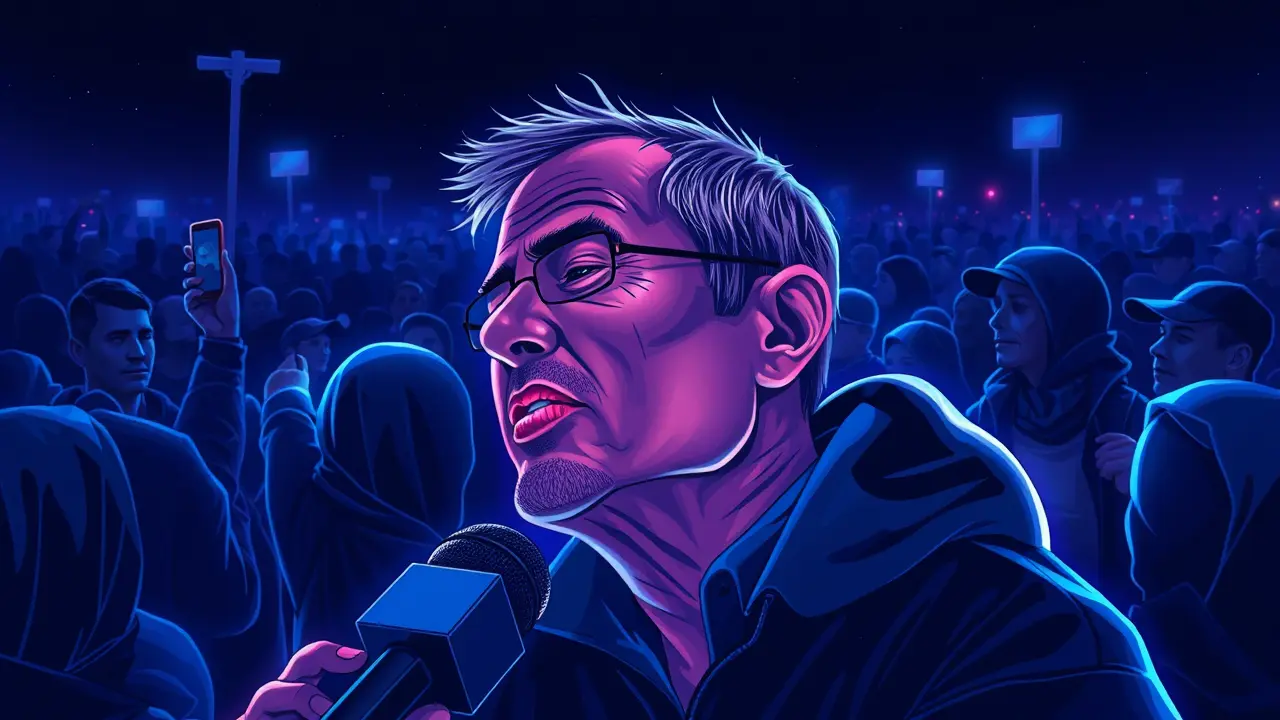Israelis Celebrate Hostage Deal After Long Wait
A collective breath, held for weeks in a nation's lungs, finally exhaled in a wave of cautious, trembling relief. 'I can't quite believe this is actually happening, we've been waiting for so long,' Gil Dickman, cousin of the abducted Carmel Gat, told reporters, his voice a fragile vessel carrying the weight of an entire country's anguish.This single sentence, uttered amidst a sea of flickering camera lights and anxious faces, encapsulates the profound emotional schism of this moment—a victory tempered by trauma, a beginning shadowed by an unbearable past. The announcement of a hostage deal is not merely a political headline; it is the sudden, jarring end to a chapter of profound national suffering, a period where time itself seemed to warp, each sunset a grim reminder of loved ones held in darkness.For families like the Gat's, these weeks were an eternity measured in sleepless nights and silent dinners, their lives suspended in a state of agonizing limbo while the machinery of international diplomacy ground slowly, often invisibly, in the background. The scenes of celebration in Tel Aviv's so-called 'Hostage Square' are not those of unbridled joy, but of catharsis; they are the raw, unfiltered release of a pressure cooker of fear, a testament to a societal resilience forged in the fire of repeated adversity.Yet, beneath the surface of these tearful reunions and grateful prayers lies a complex web of geopolitical concessions and strategic calculations. This deal, brokered through Qatari and Egyptian intermediaries, required agonizing compromises, a delicate and perilous dance with an organization that has proven its brutality.It raises immediate and difficult questions: What are the long-term security implications of the agreed-upon prisoner exchanges? How will this temporary truce impact the broader military strategy and the stated objective of dismantling militant capabilities? Security analysts are already war-gaming the potential consequences, warning of a emboldened adversary claiming victory from the negotiation table, while human rights advocates stress the non-negotiable imperative of bringing citizens home, regardless of the cost. The psychological toll on the returning hostages themselves is another frontier of this crisis, one that will require a national commitment to long-term, specialized trauma care, as they reintegrate into a society that has vigilantly kept their flames alight.The narrative now splits into two parallel tracks: the intimate, human story of homecoming and healing, and the high-stakes political and military strategy that will determine the next, uncertain phase of this conflict. For Emma Wilson, reporting from the heart of this emotional storm, the image of Gil Dickman’s disbelieving face is the story.It’s the human core that must never be lost amidst the analysis of cease-fire lines and diplomatic communiqués. This deal is a lifeline, a desperately needed infusion of hope, but it is also a single frame in a much longer, more brutal film. The relief is real and it is deserved, but the dawn it brings is a fragile one, illuminating a path forward that remains fraught with peril, unanswered questions, and the indelible scars of a long and painful wait.
It’s quiet here...Start the conversation by leaving the first comment.
© 2025 Outpoll Service LTD. All rights reserved.
